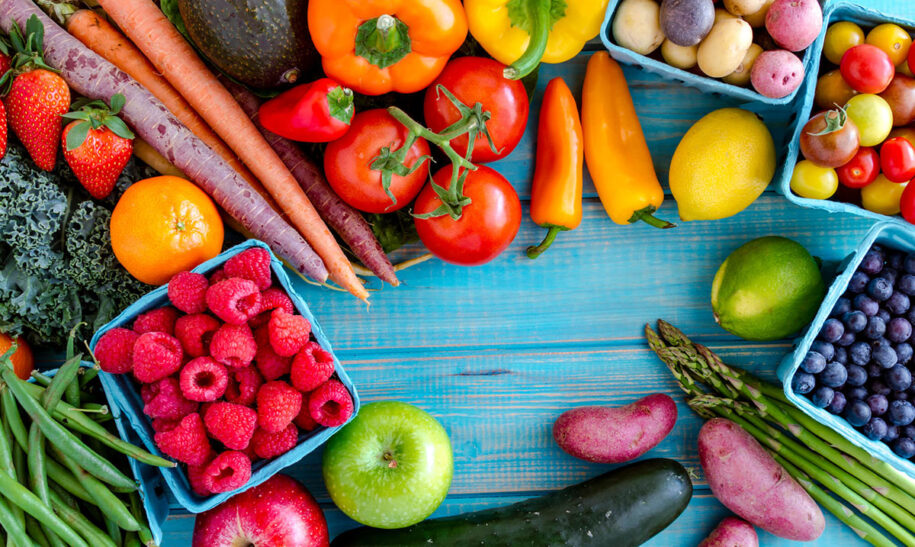How To Get All The Protein You Need On A Plant-Based Diet
Today there are a multitude of reasons to why you should go on a plant based diet. The majority of the meat and dairy around us is heavily processed with chemicals and growth hormones.
There is a growing awareness for the harsh reality of what most of our food really is. Fast food has almost taken over and it’s taking a huge toll on the overall health of the public. We know that a plant based diet is great for you, but where should we begin? We must make sure we are eating the correct variety of fruits and veggies because it is essential that you get an adequate amount of protein. Eating more plants can have a wonderful effect on our bodies. It can improve our livelihood and the lives of animals around us.
When you go on a plant based diet it is important that you eat the correct plants. You need protein in order to be healthy, and some plants lack that. The American Dietetic Association says that the average adult needs only 0.8 grams of protein per kilogram of weight. Someone who weighs around 130, would ideally want to consume about 47 grams of protein per day. Here are some of the essentials when it comes to a plant based diet.
Lentils – Lentils are a delicious add in for any dish. They are an extremely versatile ingredient and they can provide you with sufficient protein. They are also packed full of fiber that aids the digestive tract and your heart.
Buckwheat – Buckwheat is a seed that packs lots of important nutrients in it. It has over 12 essential amino acids, B vitamins, Magnesium, and zinc! It also has properties that can help lower bad cholesterol!
Tempeh – One of our lesser known foods, tempeh originates from Indonesia. It is a heart protein source that has been used for thousands of years, it is essentially a fermented soybean that is a fantastic alternative to meat.
Peas – Peas have a high content of protein, fiber, and potassium. They can be consumed in salads, curries, or blended into soups.
Hemp Seeds – Hemp seeds are rich in anti inflammatory omega 3 fatty acids and minerals like calcium and iron.
Pumpkin Seeds – Pumpkin seeds are always my favorite seasonal snack. These nuts ideally pack a ton of protein and healthy fats in small servings. They are also great sources of magnesium and zinc, which help support the heart and healthy immune function.
Broccoli – Broccoli, Brussel sprouts, and spinach are great plant based sources of protein. It also is a great source of dietary fiber and vitamin C and K.
Tahini – This is a paste of ground sesame seeds that are commonly found in dishes in the Middle East and Mediterranean. It is a common alternative to butter.
Chickpeas – Chickpeas are a quality veggie protein that anyone should keep in their kitchen all the time. They are naturally gluten free and you can dry and soak them overnight to make them more digestible.
Peanut Butter – Peanut butter is a tasty and versatile ingredient that anyone can enjoy. It can be used in many different dishes, and it is packed full of protein! Make sure you choose the all natural variety.


